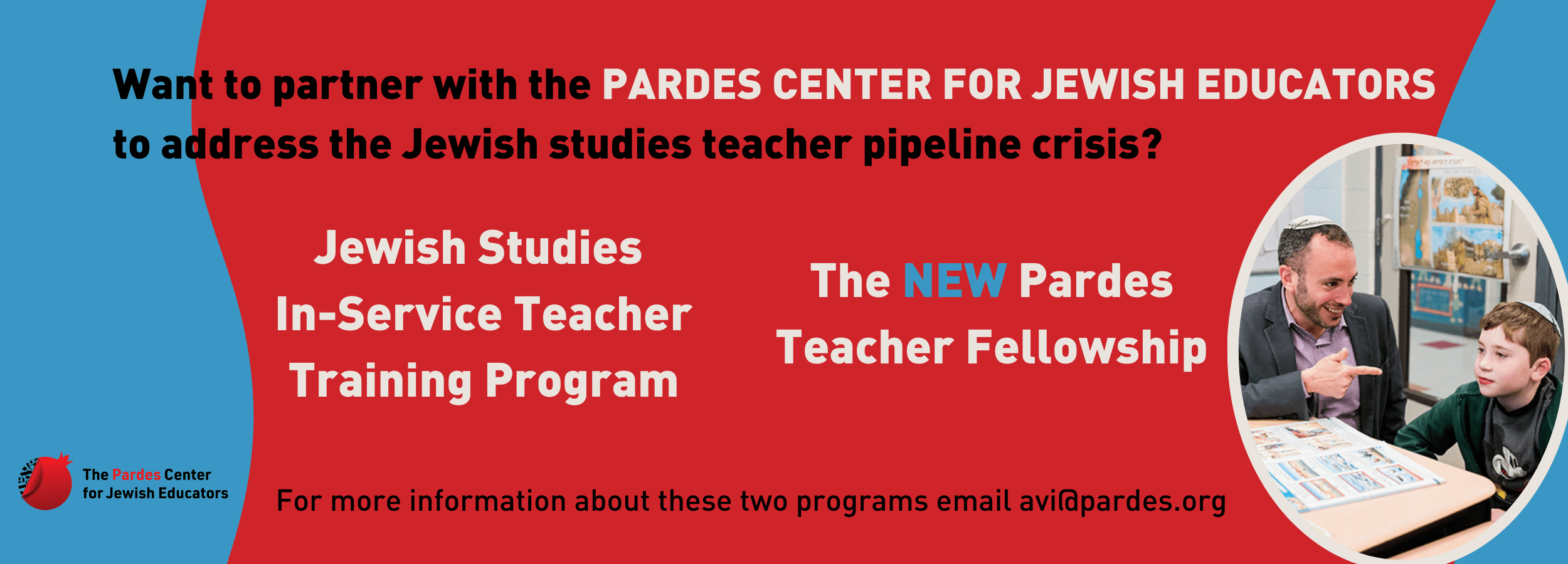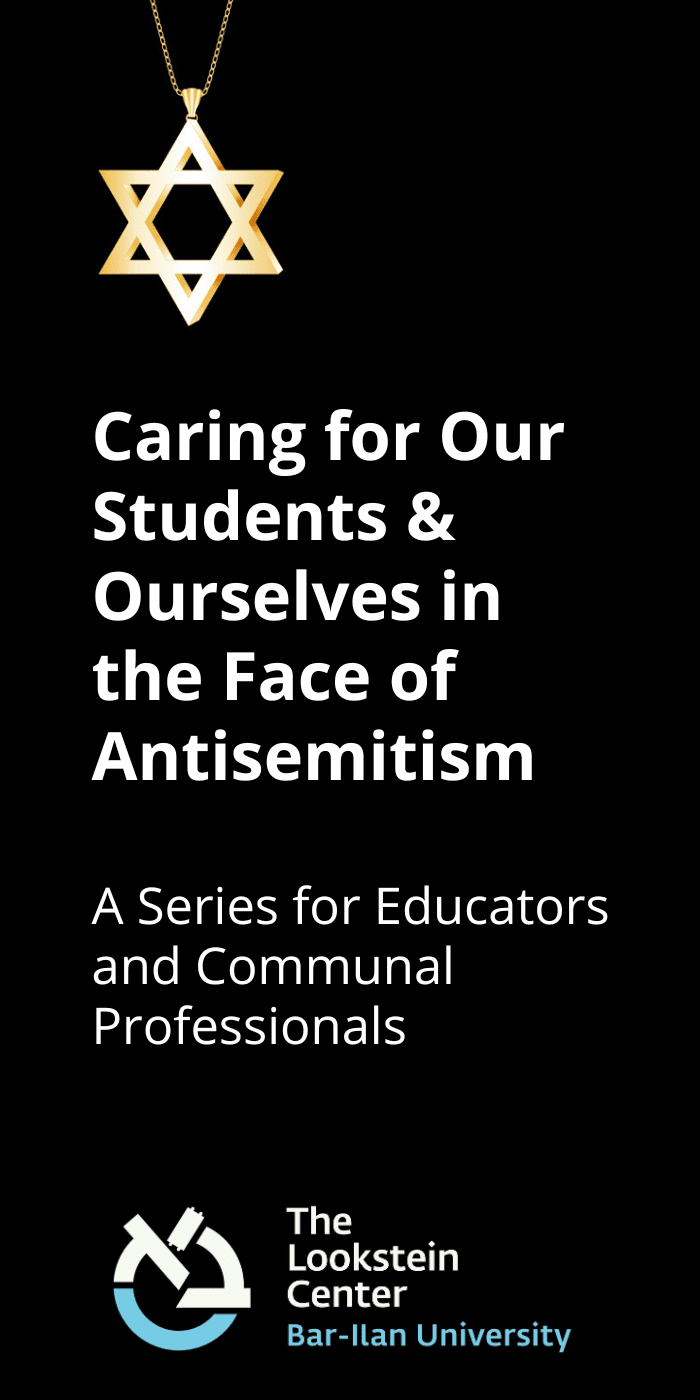The Building Blocks of Childhood Spirituality

For nearly three decades, Eliyahu Jian, a New York based mystical Kabbalist, spiritual advisor, coach, and teacher, has been guiding men and women to strengthen their relationships, improve their businesses, and embrace a healthier lifestyle while connecting to a higher power and purpose. He is the author of multiple books including Affirmations and Inner Reflections and The Laughing Billionaire for adults and The Snail With no Shell for kids. Eliyahu has also created numerous curricula for Jewish day schools and is currently working on a new project with Ramaz middle school.
“Mom, I don’t like school!” These words are familiar to many parents. Sometimes they result from nothing more than quotidian tantrums, but they may be indicative of something that is happening—or not happening—in their school experience. Small tweaks and corrections can often reinvigorate the joy that should be innate to learning, and many of those touch on an entire spectrum of experiences that can be identified as spirituality, even amongst the youngest students. We can incorporate spirituality into most classrooms in an interdisciplinary fashion and ensure that our education systems more readily prepare our kids for the tasks of being well-rounded thinkers and Jews.
Spirituality is a highly personal concept. Emphasizing its importance at a young age will help children develop emotionally, philosophically, and, religiously, and will ensure that they are infused not just with a specific subset of knowledge, but also with the tools to unpack and process that knowledge later in life. The core tenets of spirituality are not complex ideas meant only for learned sages, but rather simple—and often universally important—ideas like giving, telling the truth, and kindness. In kabbalah, our sages teach us that the reason behind these ideas is much deeper than simply being polite. Our world is an extension of the will of God. God is the ultimate giving force whose sole purpose is to do good for His creations. Therefore, the golden rule put forth by the sage Hillel, “That which is hateful to you, do not do to your fellow man,” is not merely an expression of politeness, but a summary of the essence of God. To be spiritual is to be like God, and to be like God is to be generous, honest, loving, and kind to everyone and everything around us. This is the core of what we must pass down to our children to ensure a brighter future than we could ever imagine.
Indeed, Hasidic stories of the impactful “simple Jew” are common in the literature. One is particularly poignant in its application to children: One Rosh Hashana in the Ba’al Shem Tov’s synagogue, a man brought his young son with him to pray. The boy was too young to read but had brought a whistle along, and feeling left out as everyone else read and sang from the siddur, he blew his whistle with the hopes of participating. The father was embarrassed and sent his son out to the courtyard to play. Later, when it came time to blow the shofar, the ba’al tokeah was unable to get any sound to come out. This was a very bad omen because the blowing of the shofar is meant to inspire divine forgiveness.
Immediately the Ba’al Shem Tov asked, “Where is the one that blew the whistle? Bring him to me!” Pale in the face, the father ran out to bring his son. The Ba’al Shem Tov told him, “Stand next to me and blow that whistle as hard as you can.” Overjoyed, the boy took out his whistle and blew with all of his heart and soul. Suddenly the shofar blower was able to get through every set of shofar blasts without a single setback. After the morning services were over, the students of the Ba’al Shem Tov—father included—were dying to know what had happened. The Ba’al Shem Tov replied that, “This year there was a very difficult decree against the people of this town, and with all my complicated meditations and spiritual knowledge I could not figure out how to open the gates of heaven. But this boy with his simple heart and the clean sound of his whistle was able to blow straight through.”
By prioritizing intellect over spirituality instead of encouraging the two to co-mingle we often strip children of the purity and effervescence that would serve them well as passionate, committed Jewish adults. How does one teach giving? Sometimes giving is easy. I’m happy to give my Brussels sprouts to someone else at the table if they want them, but only because I can’t stand them. True giving is when you give something that you know the other person will enjoy, while it is also difficult for you to part with. Take the following activity for young children as an example. There is a classroom with ten children and ten toys to choose from. Five of the children pick up two toys each. Now ask the children which one they think they should share with someone who doesn’t have one. Some will want both for themselves. Some will want to give away the toy they like less. Then ask the children who either don’t have a toy or got one no one else wanted how they feel. Repeat the process with the groups switched. “It doesn’t feel nice to only have something no one else wanted, right?” This exercise builds not only the practice of giving but the practice of empathy as well. As a bonus, children get to play with all kinds of toys after! When done right, giving and empathy should feel good and it’s important to make sure the child associates that good feeling with an act of sharing.
This activity can be repeated on more complex and mature levels through every stage of life and education. You could even try it in the office. Instead of toys, maybe use the example of the last piece of cake in the break room. In a world where adults are taught that if they want to succeed, they have to step on other people and always be afraid of being stepped on, we could all use a little goodwill. That’s why it’s so important to start young. How many of us have habits that were cemented when we were children that we have long since given up on changing? After sharing the ideas of spirituality with kindergarteners, it is important to reinforce these lessons throughout every year of education. That way when today’s children reach adulthood, they can contribute to a culture in which no one gets left behind.
Gratitude is another crucial concept that can be taught and practiced with even the youngest of learners. Waking up each morning and thinking about 10 things for which we are grateful has the power to change our entire outlook, shape our day, and impact our relationships with others and with God. Teachers can talk about gratitude with their kids. They can share their personal list of 10 things from that morning including even the smallest things like the ability to brush our teeth or knowing the way to school. Kids can be active participants in discussions and answer questions like: What types of things should we be grateful for? Should we be grateful for only new things in our lives or for everything we have? Do we ever take things for granted? And if so, how can we change that into gratitude? After the idea of gratitude has been well introduced, the kids can start actively practicing gratitude by writing/drawing pictures of the ten things that they are grateful for on any given day.
The Importance of thinking before we speak or act is another spiritual concept that is accessible in early childhood. Every single thing we do has a cause and effect. Thinking about our actions and our speech can make sure we get the effects we desire. Start off with a class discussion. Ask your students if they have ever said something that they didn’t mean to say. What happened after they said it? Do they wish they could take it back? What could they have done instead?
Then, put out two big bowls, one filled with sugar and one filled with salt. Tell the children to take a spoonful of salt and put it in the sugar. Then, ask the children to try and take the salt out of the sugar. It’s impossible. Explain to the children that salt represents hurtful words, that can’t be taken back. We can add more sugar to make it sweeter, but we can never take all of the salt away.
The continual integration of spiritual ideas of caring about each other into our classrooms has the genuine potential to change the world. Through children, who are our future, we can take the world of tomorrow and change it into heaven on earth.



For nearly three decades, Eliyahu Jian, a New York based mystical Kabbalist, spiritual advisor, coach, and teacher, has been guiding men and women to strengthen their relationships, improve their businesses, and embrace a healthier lifestyle while connecting to a higher power and purpose. He is the author of multiple books including Affirmations and Inner Reflections and The Laughing Billionaire for adults and The Snail With no Shell for kids. Eliyahu has also created numerous curricula for Jewish day schools and is currently working on a new project with Ramaz Middle School.
Reach 10,000 Jewish educational professionals. Advertise in the upcoming issue of Jewish Educational Leadership.




